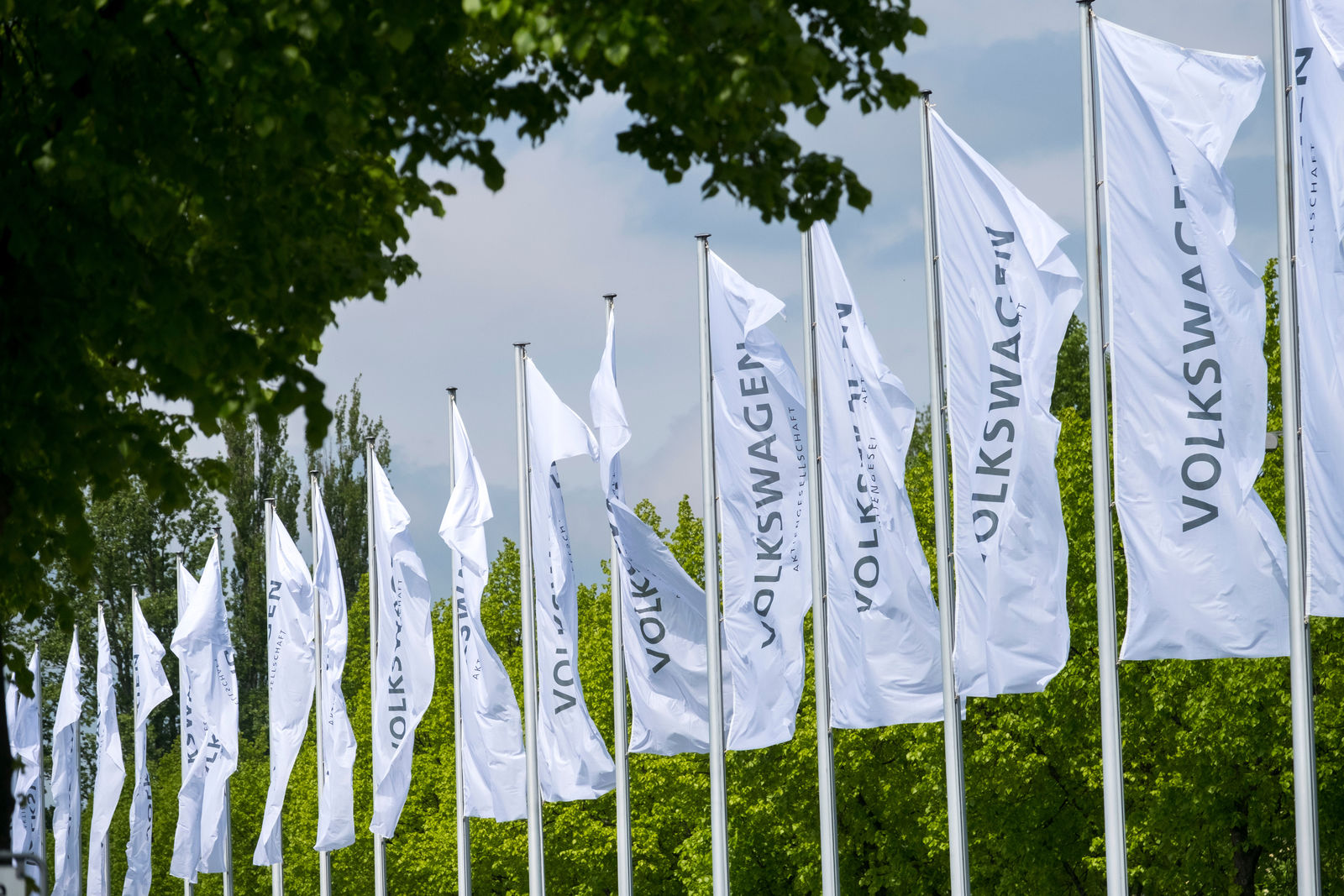
Volkswagen Group drives forward decarbonization and overfulfils the EU’s CO2 fleet target
Published By Volkswagen [English], Sun, Jan 23, 2022 6:00 PM
In 2020, the Volkswagen Group had achieved average CO emissions of 99.9 g/km for its fleet in the EU including the United Kingdom, Norway and Iceland – a figure that was calculated based on the New European Driving Cycle (NEDC). The legal basis since 2021 has been the Worldwide harmonized Light vehicles Test Procedure (WLTP). The underlying test cycle in this procedure is more realistic than in the NEDC, with a higher top speed being driven, for example. This generally gives higher CO emissions, which is why the CO fleet targets have also been switched over to the WLTP. The fleet values achieved for 2020 and 2021 are not comparable for this reason; moreover, the United Kingdom is no longer included in 2021 due to its exit from the EU.
This year, the Volkswagen Group will offer additional new all-electric vehicles to its customers as part of its electric offensive. Based on the Modular Electric Drive Toolkit (MEB), the Volkswagen brand is planning to launch the dynamic SUV coupés ID.5 and ID.5 GTX, which it has already unveiled, as well as the iconic ID. Buzz. Also based on the MEB, ŠKODA will roll out the sporty Enyaq iV Coupé and CUPRA expands the range of the Born with additional battery capacities and a more powerful e-Boost version. Audi will introduce the upgraded e-tron and new versions of the Porsche Taycan and Taycan Sport Turismo will be available for the first time.
The Group aims to become the leading provider of electric vehicles worldwide by 2025. In the period from 2022 to 2026, around €52 billion of investments are therefore planned in e-mobility and another amount of around €8 billion in the hybridization of the model portfolio.
Volkswagen is the first automotive group to commit to the Paris Climate Agreement and intends to become net climate neutral by 2050, which is why the Group is systematically driving forward decarbonization even beyond its vehicles. The power plant in Wolfsburg, which produces electricity for the plant and district heating for the city, was recently converted from coal to gas. That will save 1.5 million tons of CO per year, equivalent to the annual emissions of 870,000 cars.
MAN Energy Solutions is even going one step further. This company is already working on innovative technology to replace district heating from fossil-fuel power plants. A heat pump plant with sector coupling is being piloted in Esbjerg. With a total heating capacity of 50 MW, the plant will supply around 100,000 residents with approximately 235,000 MWh of heat annually. This will save 100,000 tons of CO per year – equivalent to the CO emissions of 55,000 cars.
Press release distributed by Wire Association on behalf of Volkswagen, on Jan 23, 2022. For more information subscribe and follow Volkswagen
